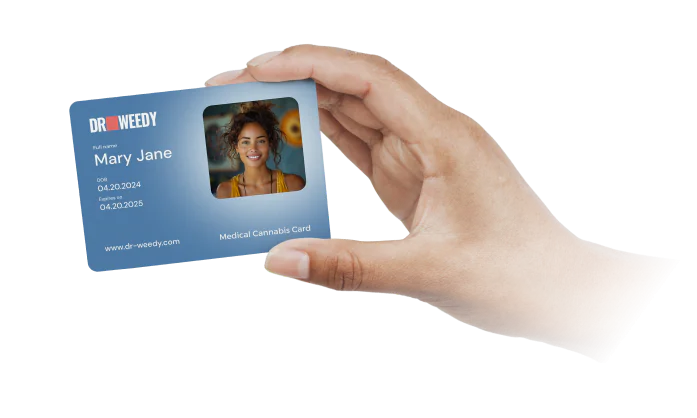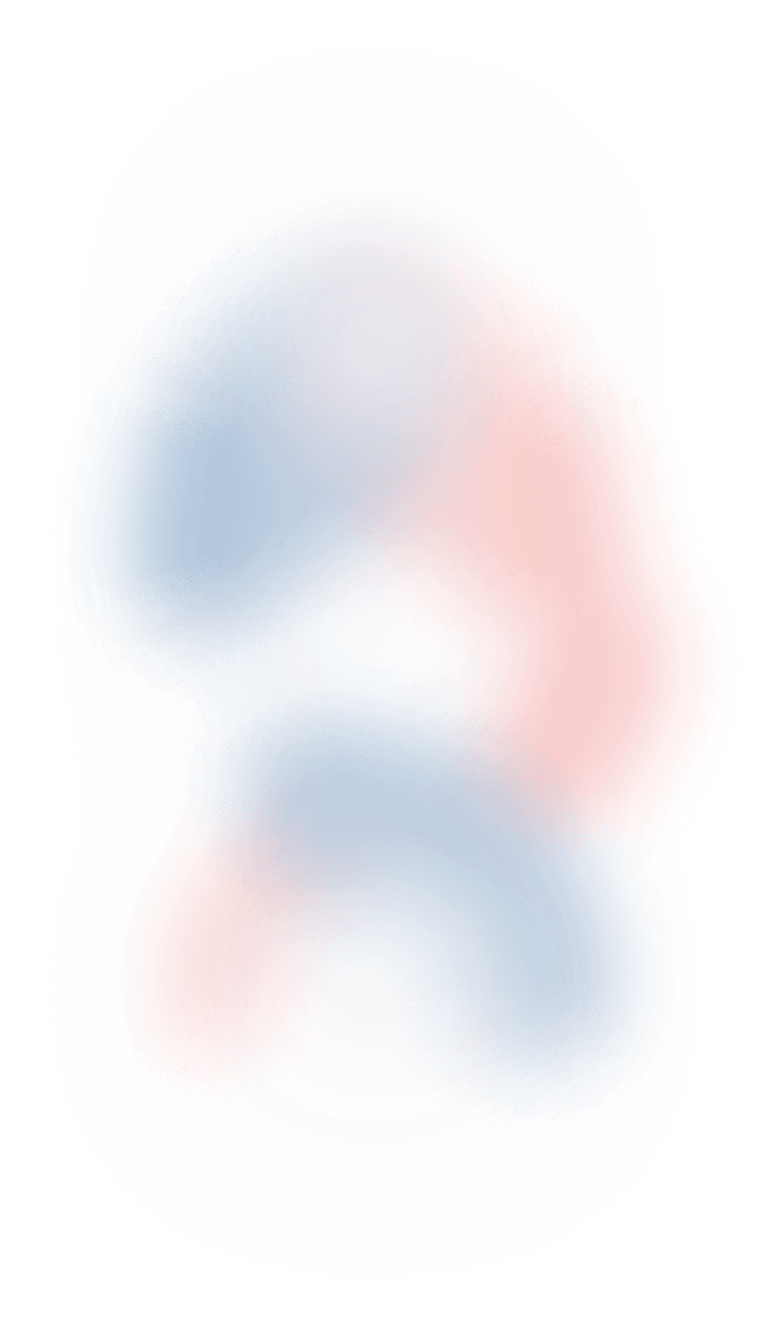Get your medical marijuana card in Connecticut online



More than 150,000 CT patients evaluated over 8 years


Benefits of getting an MMJ card in Connecticut

Higher possession limit in CT

Increased potency

Greater variety

No age limit

Lower taxes in CT

Legal protection

How to get your Connecticut medical cannabis card in 4 easy steps
Complete a short, confidential questionnaire to begin the evaluation process. Proceed with your order by completing the secure payment process.
Schedule an appointment with a Connecticut-licensed healthcare provider online to confirm eligibility. The physician will issue a certification for medical cannabis if you are eligible.
Once certified by our physician, register on the Connecticut DAS Business Network. Provide the required documentation, including proof of identity, and proof of Connecticut residency. Review the Patient Information webpage to ensure your details are correct.
The Connecticut MMP processes applications within 30 business days. Approved applicants will receive the permanent medical marijuana registration certificate by electronic mail.



Do I qualify?


Dr.Weedy prices are final
Prices for getting a medical card in Connecticut

competitors
30+ state-licensed CT physicians at your service
Patient stories: cannabis therapy successes
Live emotions of our happy clients in CT
«Hey everyone, I just want to give a big shout out to Dr. Weedy for doing such an amazing job of helping me get my medical marijuana card. You know, a lot of times you go to these different websites and it takes a very long time to get approved or get a recommendation. And with the help of Dr. Weedy, I was able to get approved very fast for my card. So if you guys are looking for a great evaluation that’s very fast and convenient for you, all you got to do is go to their website Dr. Weedy and they will definitely help you out and do a tremendous job for you just as they did for me. So, thanks again, guys, thank you Dr. Weedy, and I look forward to seeing your success. Full video»

Current cannabis laws in Connecticut
Access crucial insights on state requirements and laws regarding cannabis

Frequently Asked Questions
What documents do I need to provide for the application?
When applying for a medical marijuana card in Connecticut, you need to submit a certification from a licensed physician, valid proof of ID, and Connecticut residency. If you are using a primary caregiver, provide proof of their identity. Registration is done through the DCP medical marijuana program portal.
What category of patient needs a caregiver?
A qualifying patient under the age of 18 cannot receive a medical marijuana card or purchase medical cannabis without a caregiver. Disabled individuals are allowed to appoint a caregiver. A caregiver must be 18 years of age or older and is only allowed to care for one patient, except they are related.
Is my personal information kept confidential during the MMJ application process?
Your medical marijuana records in Connecticut are kept confidential under the Freedom of Information Act, according to HB 5389. There are a few exceptions, which include law enforcement agencies, physicians and pharmacists, public and private entities for research purposes, licensed dispensaries and your primary caregiver.
Can I get a medical marijuana card without a Connecticut ID?
It is not possible to get a Connecticut-issued medical marijuana card without a Connecticut ID or proof of residency.
Who can prescribe medical marijuana in Connecticut?
Only physicians and advanced practice registered nurses certified by the DCP can prescribe medical marijuana in Connecticut. Healthcare providers must meet the DCP requirements.
How long will it take to get approved for an MMJ card in Connecticut?
It takes 30 business days for the Connecticut Medical Marijuana Program (MMP) to approve or deny an application. Once approved, the certificate will be emailed to the patient. Patients and caregivers are allowed to cut out the registration certificate from the approval letter, use the entire letter, or display the letter from their device.
Can I buy medical marijuana with insurance in Connecticut?
Medical marijuana cannot be purchased with insurance in Connecticut. Consult your insurance company for more details.
What do I need when visiting a medical marijuana dispensary in Connecticut?
As a registered medical marijuana patient in Connecticut, you need to take your medical ID card, a driver’s license or Connecticut-issued ID card, and a mode of payment. There are 18 licensed medical and hybrid marijuana dispensaries in Connecticut.







































